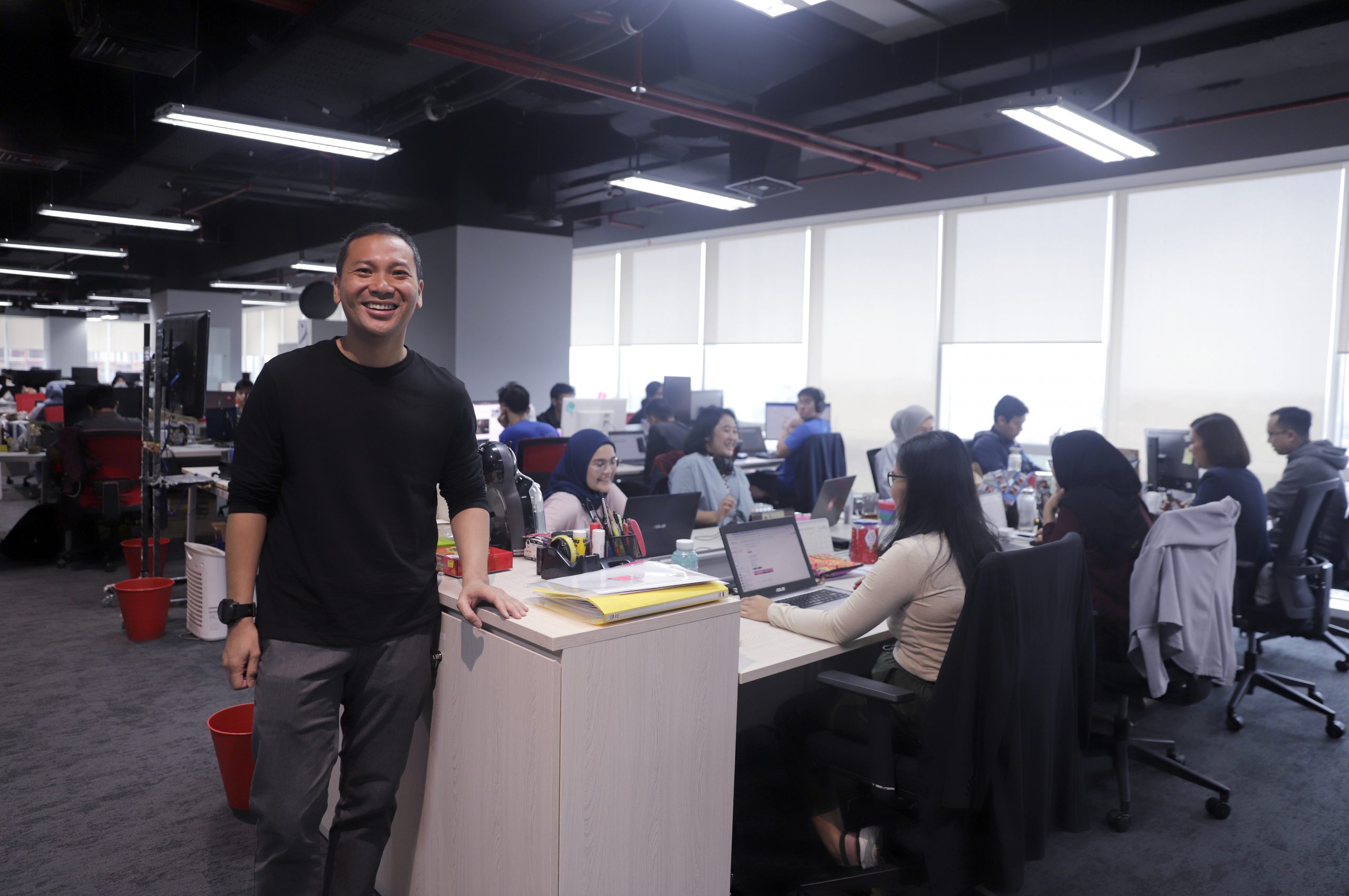Indonesian online shopping platforms are seeing accelerated growth in consumer and merchant numbers as people are forced to reduce outdoor activities due to the ongoing COVID-19 pandemic. Riding on last year’s boom, e-commerce unicorn Bukalapak is considering to go public.
“An initial public offering is an option to get funds and indeed, technology companies at certain times want an IPO. We are open to that option and are now preparing for it,” said Bukalapak CEO Rachmat Kaimuddin in a virtual press conference on Monday. He added that his team has been focusing on strengthening the capital base and infrastructure since last year.
Reflecting on last year’s performance, Kaimuddin is optimistic about Bukalapak’s growth and further development in 2021. He noted that there was a significant increase in gross merchandise value (GMV) during the 2018-2020 period, which was up by 200%. During that period, the company was able to achieve 80% EBITDA growth. The firm’s attempt to minimize cash burn also contributed to that achievement. Currently, Bukalapak has 100 million users and 7 million partners.
Bukalapak’s focus will be on three pillars in 2021—talent or human resources, business growth, and capital. On the business side, the company plans to increase the number of merchants, both customer-to-customer and business-to-customer.
In the B2C segment, Bukalapak recorded significant growth through Bukamall, a platform that hosts official stores for brands, which saw a 17% monthly increase throughout 2020. As of December 2020, Bukamall’s transactions grew 3.1-fold compared to last year.
One of its programs, Mitra Bukalapak, which provides incentives to MSMEs that utilize the firm’s digital services to take their commerce online, also saw a 50% increment compared to last year. Bukalapak offers a merchant fee of 0.5%, which it claims to be the lowest compared to similar platforms, to accelerate merchant acquisition. This offer will take effect on January 11 through a “Super Seller” program.
Microsoft partnership
Bukalapak recently migrated its service to the cloud, following a USD 100 million investment from Microsoft in November 2020. It will leverage Microsoft’s expertise in building a resilient cloud infrastructure to support Bukalapak’s services for more than 12 million micro, small, and medium enterprises, and 100 million customers. The software giant will also provide digital skills training for Bukalapak employees and their merchants.
“We remain committed to serving the underserved segment, not only sophisticated customers or those who are digitally literate and live in tier-one cities,” said Kaimuddin, “Our focus is to reach this segment because two thirds of Bukalapak’s transactions come from outside tier-one cities.”
